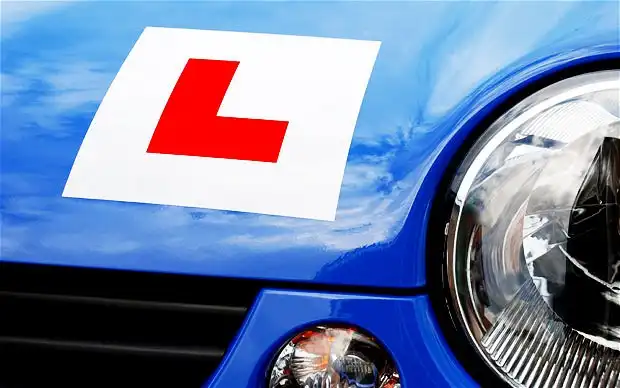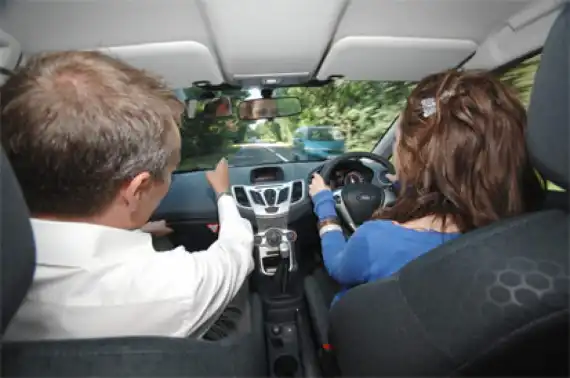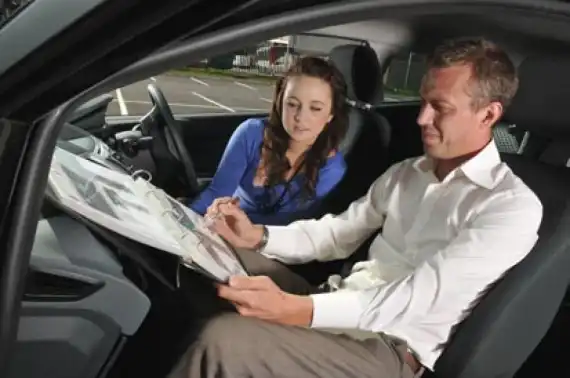
Parents Should Sit-In On Kid's Driving Lessons
A parent should sit-in on a child's driving lessons to ensure any further tuition in the family car is consistent with the instructor's, the Driver & Vehicle Standards Agency (DVSA) says.
The challenge for a parent is to recognise that the techniques required to pass the practical and theory tests have evolved – so simply repeating what he/she learnt many years earlier is insufficient.
A parent might also have picked-up bad habits that could rub-off. However, Mark Magee - DVSA Head of Policy and Registrar – recently emphasised at a safety event that mixing professional tuition and private practise is a beneficial strategy.

Mr Magee noted: "We need to get across the message that learning to drive is changing. It's not about vehicle control, it's wider aspects. Parents also need to understand what we're trying to encourage ADIs (approved driving instructors) to do, so that they work with them and not against them and actually undo some of the work that's being done.”
Mr Magee explained that there is a plan – which is at an early stage – to encourage parents to more effectively engage with instructors for the benefit of their kids. However, pilot schemes suggest that a high percentage is reluctant.
Good Driving Instructors Encourage Parents To Sit-In On Lessons
Driving Instructor Richard Gladman, who is also Standards Compliance Manager for the Institute of Advanced Motorists, said the Driver & Vehicle Standards Agency's position is sound.
He explained: "We agree with the idea of encouraging parents to be aware of the sort of training their offspring are getting from an ADI. If it's their intention to supplement the training with independent practice, it will be much more beneficial if this takes the same form as the professional input.

Mr Gladman concluded: "A good ADI will encourage parental involvement so everything the student learns carries over seamlessly from instructor, to them."
Mr Magee added that a parent who sits-in on professional lessons can also assess the quality of the tuition. That is important considering the investment of time, effort and money.
He said: “We want to help the parents of the leaner to appreciate that training can be good, bad and indifferent. We want to help them to identify who are the better instructors and therefore (their children) will get the best training.” The road safety expert concluded: "It may be they need to understand that they may pay slightly more for that - but in the longer run we think there's a financial and safety benefit”.



